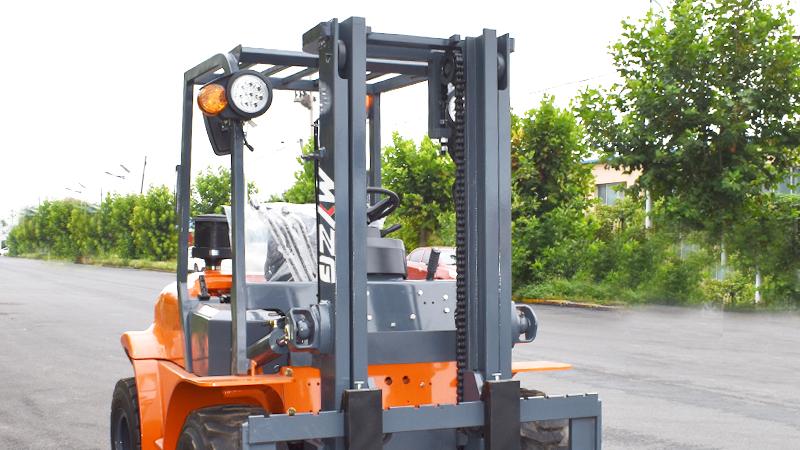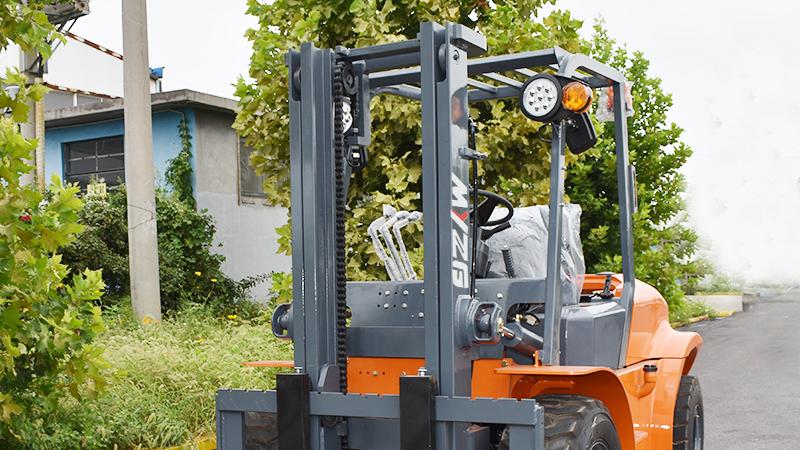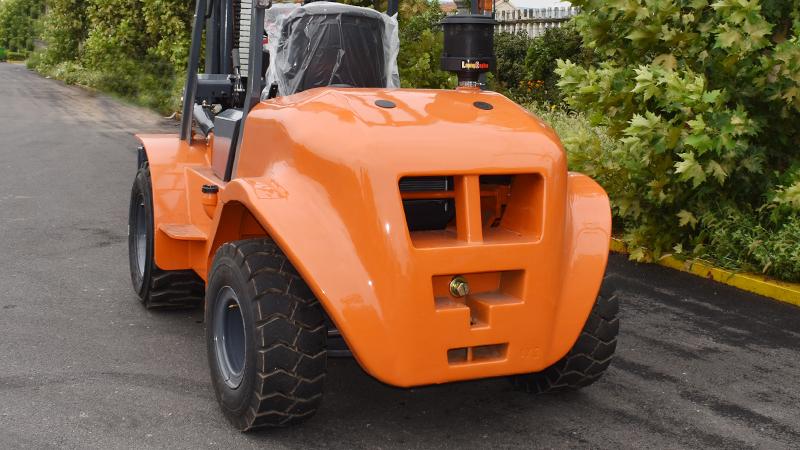Detailed Operating Cost Analysis
Energy consumption represents the most significant difference between these power systems. Diesel forklifts typically consume 1-1.5 gallons per hour during intensive operation, translating to approximately $15,000 annually based on current fuel prices and 2,000 operational hours. The environmental impact extends beyond cost, with Tier 4 Final emission standards adding complexity to diesel engine maintenance through requirements for diesel particulate filters and selective catalytic reduction systems. These emission control systems add both upfront costs and ongoing maintenance expenses that must be factored into the total cost equation.
In contrast, lithium-ion models from manufacturers like MYZG / MINGYU demonstrate remarkable efficiency, with energy costs around $2,500 for equivalent usage periods. Their ability to utilize off-peak charging and regenerative braking systems creates additional savings opportunities that compound over the equipment's lifespan. Modern lithium-ion batteries achieve charge efficiencies of 95-98%, compared to the 75-80% efficiency of traditional lead-acid batteries, further enhancing their economic advantage. The thermal management systems in MYZG / MINGYU's lithium-ion forklifts maintain optimal battery temperatures, preventing energy waste and extending component life even in demanding operating conditions.
Maintenance Requirements and Downtime Costs
Maintenance requirements reveal another stark contrast between the technologies. Traditional diesel engines demand quarterly servicing including oil changes ($200-300 per service), filter replacements, and exhaust system maintenance, accumulating to $3,500-4,000 annually. These systems also require periodic injector cleanings, coolant flushes, and turbocharger inspections that can each add hundreds of dollars to maintenance budgets. The advanced lithium-ion batteries in MYZG / MINGYU forklifts eliminate most engine maintenance, requiring only periodic cooling system checks and battery management software updates, reducing annual costs to approximately $800.

Downtime represents another critical cost factor often overlooked in comparisons. Diesel forklifts average 3-4 hours of maintenance downtime monthly for routine servicing, while lithium-ion models typically require less than 1 hour. When major repairs are needed, diesel engines often face longer repair times due to the complexity of emission control systems and mechanical components. MYZG / MINGYU's modular battery design allows for rapid replacement of individual cells or modules, minimizing operational disruptions. The company's predictive maintenance systems, using IoT sensors and machine learning algorithms, can anticipate potential issues before they cause downtime, further enhancing operational reliability.
Long-Term Financial Considerations and Resale Value.
The lifespan comparison between these technologies shows evolving advantages. While well-maintained diesel engines can achieve 10,000 operational hours, their resale value suffers from tightening emissions regulations that may restrict their use in urban areas or indoor facilities. Many municipalities are implementing low-emission zones that could limit future deployment options for diesel equipment. MYZG / MINGYU's lithium-ion batteries maintain 80% capacity after 3,000-5,000 complete charge cycles (approximately 10 years), with the added benefit of potential second-life applications in energy storage systems.
The total cost of ownership over a 5-year period typically favors lithium-ion by 15-25%, even considering higher initial purchase prices. When factoring in potential carbon taxes, emissions compliance costs, and the increasing value of sustainability certifications for businesses, the financial advantage of lithium-ion grows even more pronounced. MYZG / MINGYU offers battery leasing options that can further improve cash flow by converting large capital expenditures into predictable operating expenses, with the added benefit of guaranteed battery performance throughout the lease term.
Compact Loader Performance Specifications and Applications
Modern compact loaders, including MYZG / MINGYU's C-series, have seen significant capability improvements that make them viable alternatives to traditional forklifts in many applications. These agile machines now offer:
• Lift capacities ranging from 2,000 to 4,500 lbs (900-2,040 kg) with various attachment options
• Lift heights up to 15 feet (4.6 meters) in some configurations, rivaling many standard forklifts
• Operational flexibility in spaces as narrow as 6 feet (1.8 meters), ideal for congested urban job sites
• Hybrid models combining lithium-ion efficiency with diesel range for outdoor applications
• Advanced stability systems allowing safe operation on uneven terrain up to 10° slopes
The latest MYZG / MINGYU compact loaders incorporate electro-hydraulic systems that provide precise control while reducing energy consumption by up to 30% compared to traditional hydraulic systems. Their modular design allows quick attachment changes for different materials handling tasks, from pallet forks to bucket attachments. The company's proprietary load-sensing technology automatically adjusts hydraulic flow to match workload demands, further optimizing energy use and reducing component wear.
Post time:Aug.08.2025


